The Writing Life with Harley Mazuk
Harley Mazuk was born in Cleveland, and majored in English literature at Hiram College in Ohio, and Elphinstone College, Bombay U. Harley worked as a record salesman (vinyl) and later served the U.S. Government in Information Technology and in communications, where he honed his writing style as an editor and content provider for official web sites.
Retired now, he likes to write pulp fiction, mostly private eye stories, several of which have appeared in Ellery Queen Mystery Magazine. His first full length novel, White with Fish, Red with Murder, was released Feb. 28 of this year, by Driven Press.
Harley’s other passions are reading, his wife Anastasia, their two children, peace, running, Italian cars, and California wine.
Social media: http://www.harleymazuk.com/ ,http://harleymazuk.blogspot.com/ ,https://www.facebook.com/HarleyMazukAuthor/ Twitter--@fswiver
What’s
inside the mind of a mystery author?
Murder
most foul. I lean toward noir
stories, so lying dames, corrupt souls with depraved sensibilities,
double-crosses, nefarious schemes.
What
is so great about being an author?
I
could tell you it’s the recognition and celebrity, the big bucks pouring in,
the glamorous women who are just dying to meet you, but so far, I’ve kept my
anonymity, I’m still living on my pension, and my wife is the only glamorous
woman I need in my life. Better than those things, being an author is a sort of
freedom to live in my imagination, to share my ideas with others, and to
create. I create characters, scenes, plots. I imagine snappy dialogue and
exciting car chases. On the dark side, I can kill with impunity characters who
deserve it.
When
do you hate it?
I
could get back to you on that if it ever happens. But in the spirit of a good
interview, I’d say the hardest times are when I’m beginning a new project. I
may be struggling for an idea to write about. Or if I have the idea, there may
be a competition going on inside me—do I try to outline this idea, follow it
through to the end, so that I know where I’m going with it? Or do I write the
scene that has excited me about the idea, or create that character who’s
captured my imagination. And if I start to write, how do I begin? What will
that great and true first line be?
What
is a regular writing day like for you?
I
am usually out of bed by 6:45. This comes from nine years of delivering the morning
paper as a boy. In the summer, I go out to run after my morning coffee. In the winter,
I have a good breakfast first, then run a few hours later when it’s warmer.
Either way after my run I sit down at my computer. I used to think I was a
morning writer, but now I generally piddle away some time first on e-mail or
Facebook. But when I’m writing, I don’t quit for the day until I’ve written
about 500 words. Five hundred words may not seem like much, but you’d be
surprised. If you have a regular writing habit and turn out 500 words a day,
you’ll have a 75,000-word manuscript in six months. I’m not always composing
new material—sometimes I’m revising or editing. But I’m disciplined, and if I’m
not going for a word count, I try to put in two to four hours of honest work,
after I get the piddling out of my system.
Do
you think authors have big egos? Do you?
Who,
moi? Well, I don’t know about the big
ego concept, but I do think that a well-written, published piece of writing can
be a boost to one’s ego. I know it helps my self-esteem and self-confidence
when a publisher accepts my work. It’s also easy for an author to become
self-centered. Writing is a solitary occupation, and you need to devote time to
it, so you come to jealousy guard your writing time.
Do
I have a big ego? No. And if I ever grew one, all I’d need to do is compare my
accomplishments to other writers.
How
do you handle negative reviews?
This
has not yet become an existential problem for me. I’m too new at this. I have
had negative critiques in workshops and critique groups. I try to learn what I
can from them. First, I make certain I understand what the reviewer is trying
to say about my writing. I take notes; I ask him or her to repeat things I’m
not clear on. Then I throw my chair at his head. (Just kidding.)
How
do you handle positive reviews?
These
give me great pleasure. As above with negative feedback, I try to make certain
I’m clear on what the person liked or from what perspective the review is
coming. And positive reviews give me the confidence to stretch out my writing,
to try new things, to go out of my comfort zone.
What
is the usual response when you tell a new acquaintance that you’re an author?
Generally
it’s basic stuff—they might ask what I’ve written, or what sort of writing I
do. Some people might say, “Where can I get your book?”
What
do you do on those days you don’t feel like writing? Do you force it or take a
break?
For
the sake of discipline, it’s good to sit there and try to grind it out. You may
fail, but I’ve had times where I piddle about and get nothing for the first few
hours, and then with an hour to go, the writing, the ideas start to flow. If
you write every day, you build that discipline, and discipline is a
self-fulfilling habit.
Any
writing quirks?
Not
really. I’m pretty straightforward. I prefer writing on a word processor, but
if I’m away from my computer, I can write longhand in a notebook. I like serif
fonts on the computer, blue ink with a medium point in a notebook. Are those
quirks?
What
would you do if people around you didn’t take your writing seriously or see it
as a hobby?
There
are some different ways to interpret that question. Take it seriously like,
well, your work is not like Flaubert’s or Tolstoy’s, is it? You don’t discuss
the great themes, with beautiful words. That would be OK with me. I didn’t set
out to write Madame Bovary or War and Peace. Or they might not take it
seriously because I didn’t score a big advance, and I’m not driving a
Lamborghini. That’s OK too. I’ve come this far and I’d like commercial success,
but even if I don’t achieve that, writing is still fun for me. I write for my
pleasure—like I run for pleasure.
Some
authors seem to have a love-hate relationship to writing. Can you relate?
I
guess I should relate as I’ve heard this idea expressed before. But I don’t see
it that way. Writing well is difficult. There are setbacks, and there is
re-work. There are certainly days that are more difficult than others, days
that are disappointing, where you know what you’ve written just isn’t that
good. But I still love it.
Do
you think success as an author must be linked to money?
No,
but . . . I have the luxury of not needing more money. I heard an author’s talk
one night. He received what I considered a great advance, $100,000 for his
book. But then he told us that in the income bracket he and his wife were in,
that was about $60,000 after taxes. The publisher paid him 1/3 when he signed
($20,000). He received another third a year later when the novel came out, and
the last third another year later when the paperback was released. It would be
difficult to live on $20,000 a year. Yet I thought of that man as a success. I
think he felt he had what he needed, and was living the life he wanted.
What
had writing taught you?
I
remember my first agent giving up, and despairing at the set back. Would I ever
get this first novel published? A writer (and bartender) far wiser than I said,
“Whatever happens, you’ve achieved things 98 percent of writers never achieve.
You’ve had an agent, and you’re a published author.” (I’d sold two or three
short stories by that time.) That made me realize that I was a good enough
writer that some people liked my work—an agent, an editor. Maybe others would
too.
Leave
us with some words of wisdom.
Another
writer told me “The difference between published authors and unpublished
authors is perseverance. Keep at it.” In writing this applies on so many
levels—keep writing, keep trying to learn your craft and improve, keep pitching
your work to agents and publisher. Continue even in the face of difficulty or
if you see little or no prospect of success. It might be just around the
corner. Persevere.
Also,
be nice. As you advance your career, it’s more important to be kind to people,
than to be talented.
////////////////////////////////////
Title:
White with Fish, Red with Murder
Genre:
Mystery, (private eye)
Author:
Harley Mazuk
Website:
http://www.harleymazuk.com/
Publisher:
Driven Press, http://www.drivenpress.net/
Find out more on Amazon
About
the Book: Set against
the backdrop of San Francisco and nearby wine country in 1948, White with Fish, Red with Murder is the
story of Frank Swiver, a private eye in a love triangle. Frank accepts an
invitation to a wine tasting on a private rail car steaming north as part of
the night rattler to Seattle. He brings along his secretary and lover, Vera Peregrino.
The host, General Thursby, wants Frank to find proof that a friend whose death
was ruled accidental was in fact murdered. Thursby suspects Cicilia
O’Callaghan, widow of his late friend and an old flame of Frank’s. But Thursby
takes two slugs through the pump, and the cops arrest Vera for his killing.
Frank spends his nights with Cici, and his days trying to find Thursby’s real
killer and spring Vera. But when his affair with Cici turns poisonous, he
realizes he must change his thinking, or risk losing both women . . . and maybe
his life.





















































































































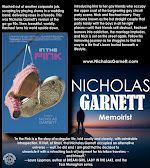


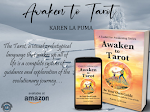
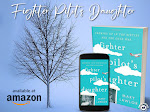
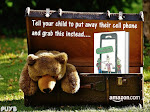



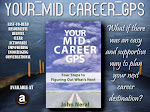
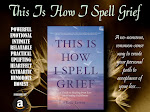
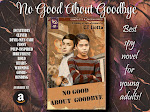

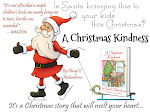
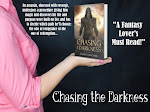
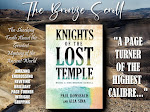


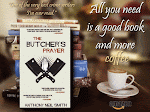

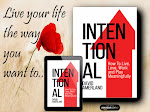
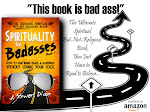

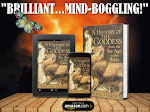

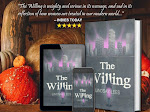
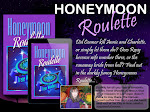
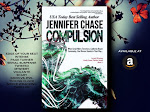
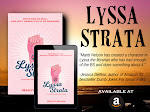
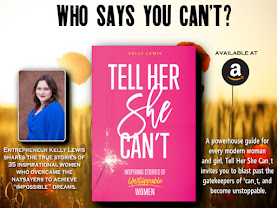










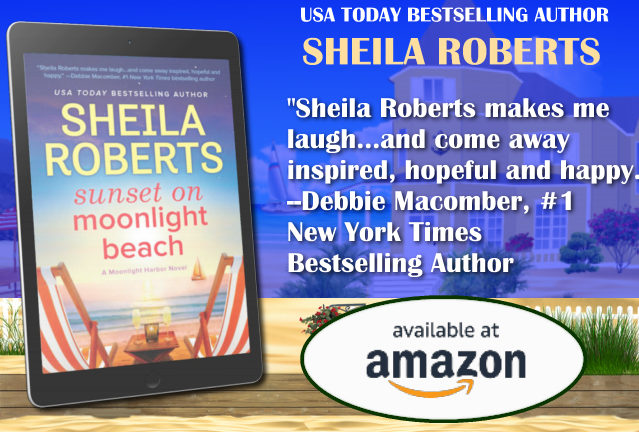
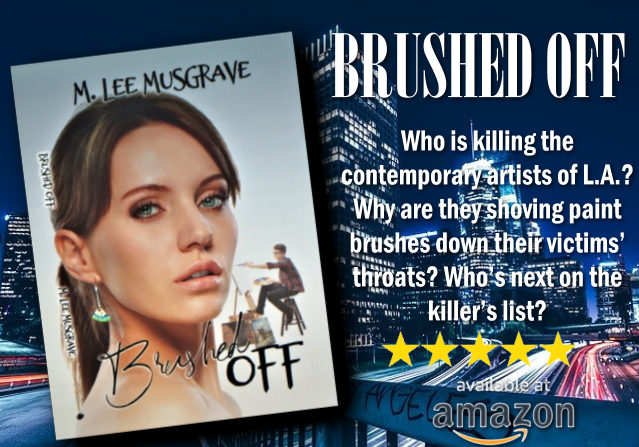


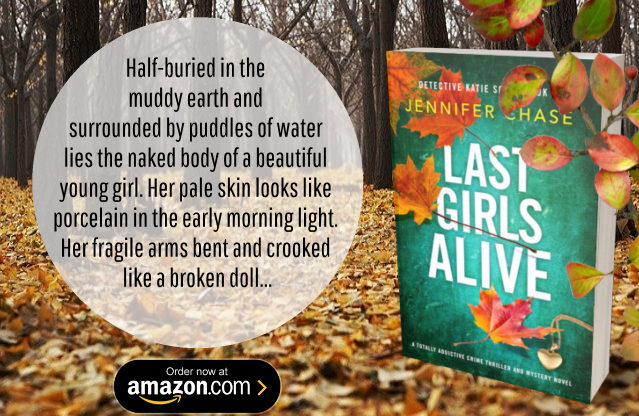
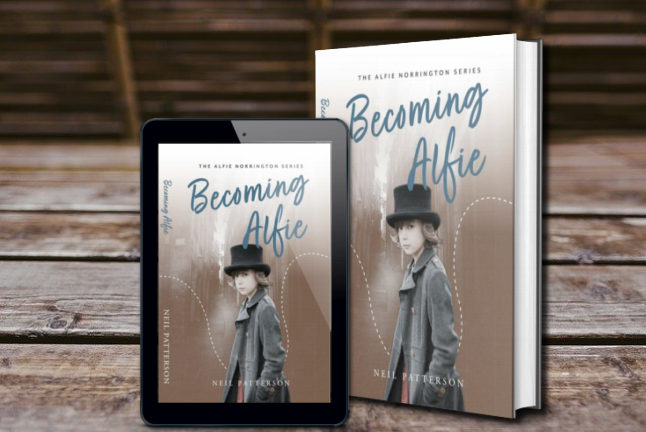


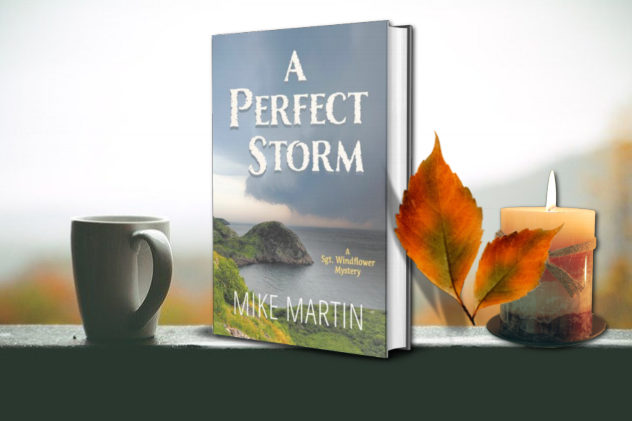
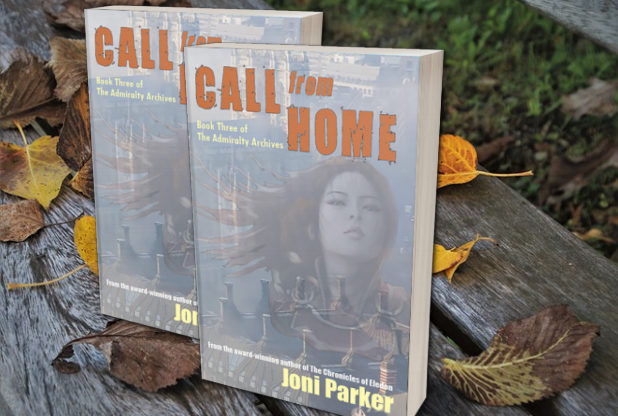
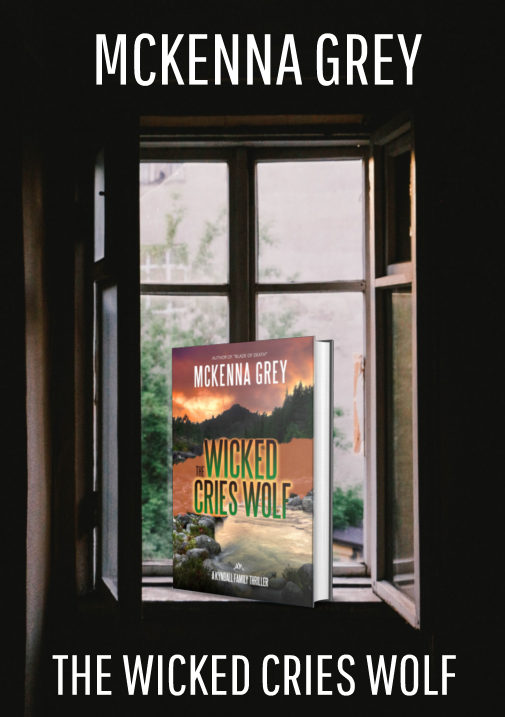


Leave a Comment